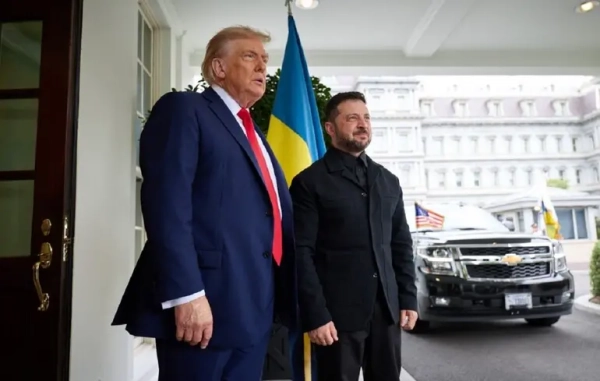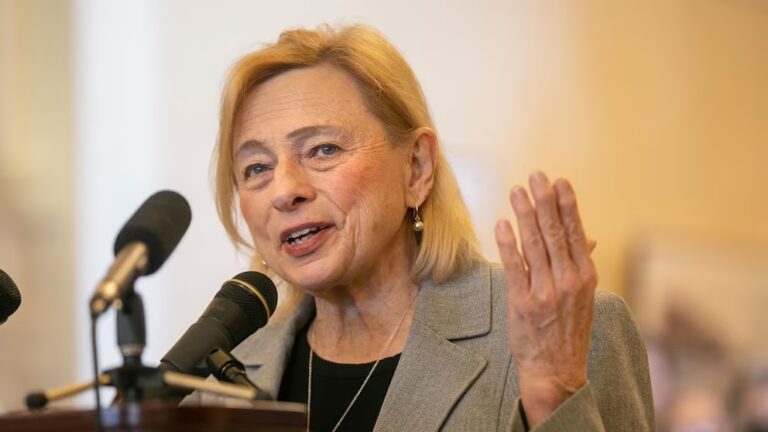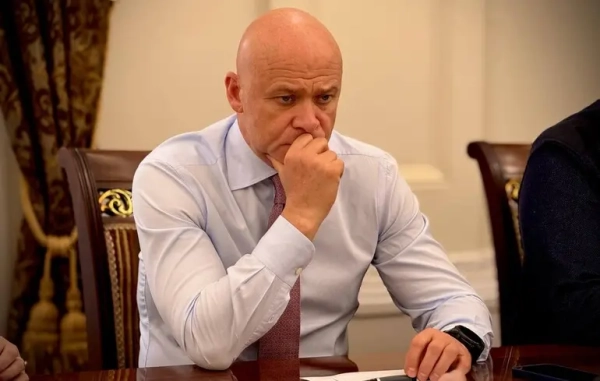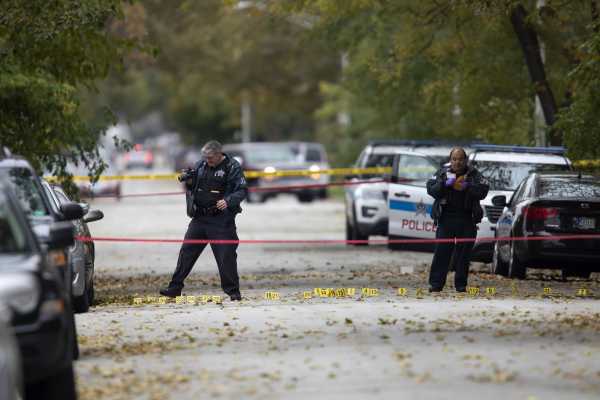
Early Sunday morning, a Chicago house party held to memorialize a member of the community who died from gun violence last spring was interrupted by two gunmen who opened fire in and around the house, wounding 13 people, four of whom are in critical condition.
Fred Waller, who heads the patrol division for Chicago police, said the victims ranged from age from 16 to 48 — and that a 16-year-old boy was among those in critical condition.
The Chicago Police Department said it believes the shooting was the result of a personal dispute, not an act of gang violence. But they described a scene in which the two suspects took steps to maximize casualties.
“Definitely there were two different shooters. It looked like they were just shooting randomly at people as they exited the party,” Waller said, according to the Guardian. “The people started to spill out, and as they spilled out more shots were fired. So we have about three [shooting] scenes.”
Police have taken two people into custody for questioning, and have recovered a revolver.
The party was being held to commemorate the birthday of Lonell Irvin, a 22-year-old man who was shot and killed during an attempted carjacking in April.
According to Vox’s mass shootings tracker, this incident is the 18th mass shooting in the United States this month, and the 402nd such incident this year. At least 457 people have been killed in mass shootings this year in the US, and over 1,600 have been wounded.
Like many large US cities, Chicago has struggled to deal with gun violence; according to the Chicago Tribune, 2,594 people have been shot so far this year in the city — 248 fewer than 2018.
Briefly, the two problems creating the US’s shooting epidemic
Attacks like the one Sunday morning in Chicago serve as a reminder of the US’ problem with mass shootings, which is unique to it among affluent nations. As Vox’s German Lopez has explained, that problem is the product of the US’s exceptional history of gun policy compared to its peer countries:
These two factors combined make it remarkably easy for someone in the US to obtain firearms and to kill many people with them.
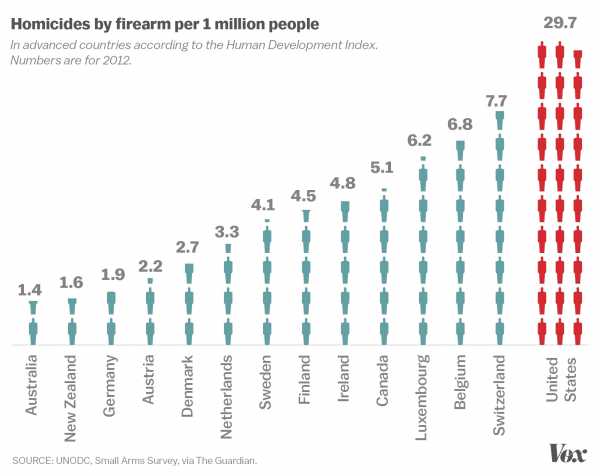
Chicago seems on track to reduce its rate of shootings this year, and it’s important to figure out what is and isn’t working in producing that outcome.
But every mass shooting is also an opportunity to reflect on a bigger, systemic issue in the US: We have too many guns, and people can get their hands on them too easily.
Sourse: vox.com
